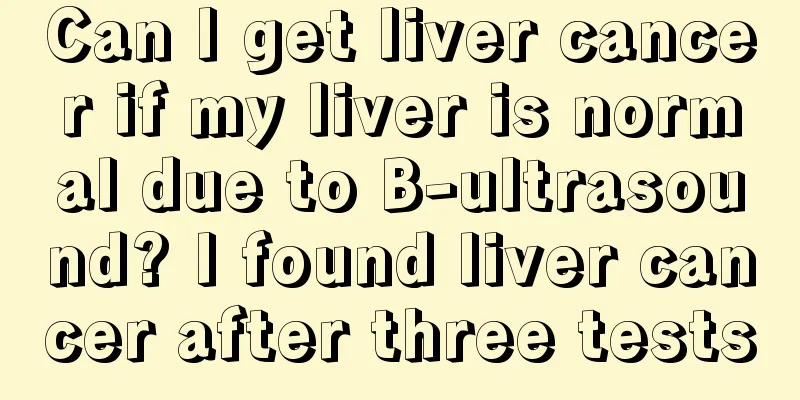Treatment options for esophageal cancer

|
Treatment options for esophageal cancer include: (I) Treatment of esophageal cancer that can be removed endoscopically and surgically For patients with stage 0 esophageal cancer and some stage 1 esophageal cancers, endoscopic resection can be performed with regular follow-up if the lesions are shallow, small and localized. If the lesions are extensive, originate from multiple points or are incompletely resected under endoscopy, surgical treatment should be performed. Most stage 1, stage II and stage III esophageal cancers can be treated with comprehensive treatment with surgery as the main treatment. Patients with stage IIb or above can choose concurrent preoperative chemoradiotherapy. The recommended preoperative radiotherapy dose is 40 to 50 Gy within 4 to 5 weeks, and surgery should be performed 4 to 6 weeks after the end of irradiation. The recommended chemotherapy regimen is the FP (fluorouracil, cisplatin) regimen. 2. Treatment of unresectable esophageal cancer For patients in stage IV who cannot undergo surgery or are unwilling to undergo surgery, comprehensive treatment with radiotherapy as the main treatment can be adopted. If chemotherapy can be tolerated, concurrent radiotherapy and chemotherapy are recommended. The chemotherapy regimen is mainly fluorouracil plus cisplatin. When surgery is not possible and chemotherapy cannot be tolerated, the best supportive treatment is recommended. The best supportive treatment includes: ① stent implantation for obstruction; ② nutritional therapy; ② analgesic therapy; ④ arm dilation therapy. 3. Treatment of recurrent and distant metastatic esophageal cancer For patients with local recurrence, those who have undergone surgery but not chemoradiotherapy are recommended to receive chemoradiotherapy and endoscopic treatment. Surgery is also an option. For those who have undergone chemoradiotherapy but not surgery, surgery should be performed if the tumor can be surgically removed. For those who cannot undergo surgery, palliative radiotherapy, chemotherapy or supportive treatment is given. Supportive treatment is generally given to those with distant metastasis. |
<<: Key points for diagnosis of esophageal cancer
>>: Contraindications for surgical treatment of lung cancer
Recommend
Dietary considerations for lymphoma
Lymphoma is a serious malignant tumor. If it is n...
How to use toner
The main function of toner is to adjust the pH va...
Can I eat pig's trotters during confinement?
Pig's trotters are a very delicious and chewy...
What should I do if there is blood on the toilet paper after defecation?
Everyone knows that a person's bowel movement...
What are the early symptoms of liver cancer? How to prevent liver cancer?
For example, liver cancer is common, but many peo...
You don't know the benefits of chicken soup with pine mushrooms
The nutritional value of chicken soup stewed with...
What's wrong with my old toothache
As the saying goes, toothache is not a disease, b...
How to lower blood pressure_Methods to lower blood pressure
Because people's living standards are very hi...
Treatment of brain tumors
Everyone knows the seriousness of brain tumors. O...
Can bronchoscopy detect tuberculosis?
When respiratory diseases occur, you will be aske...
What are the symptoms of throat cancer
Typical symptoms of laryngeal cancer include pers...
Urinary tract stone pain, how to treat
The development of modern industry has not only a...
Can I use floral water to relieve itching? How to use it correctly?
In summer, there are more mosquitoes, and toilet ...
Is donating blood good or bad?
Nowadays, many people donate blood regularly. For...
What are the early symptoms of lung cancer? There are 3 early symptoms of lung cancer
Everyone knows that the early symptoms of lung ca...









